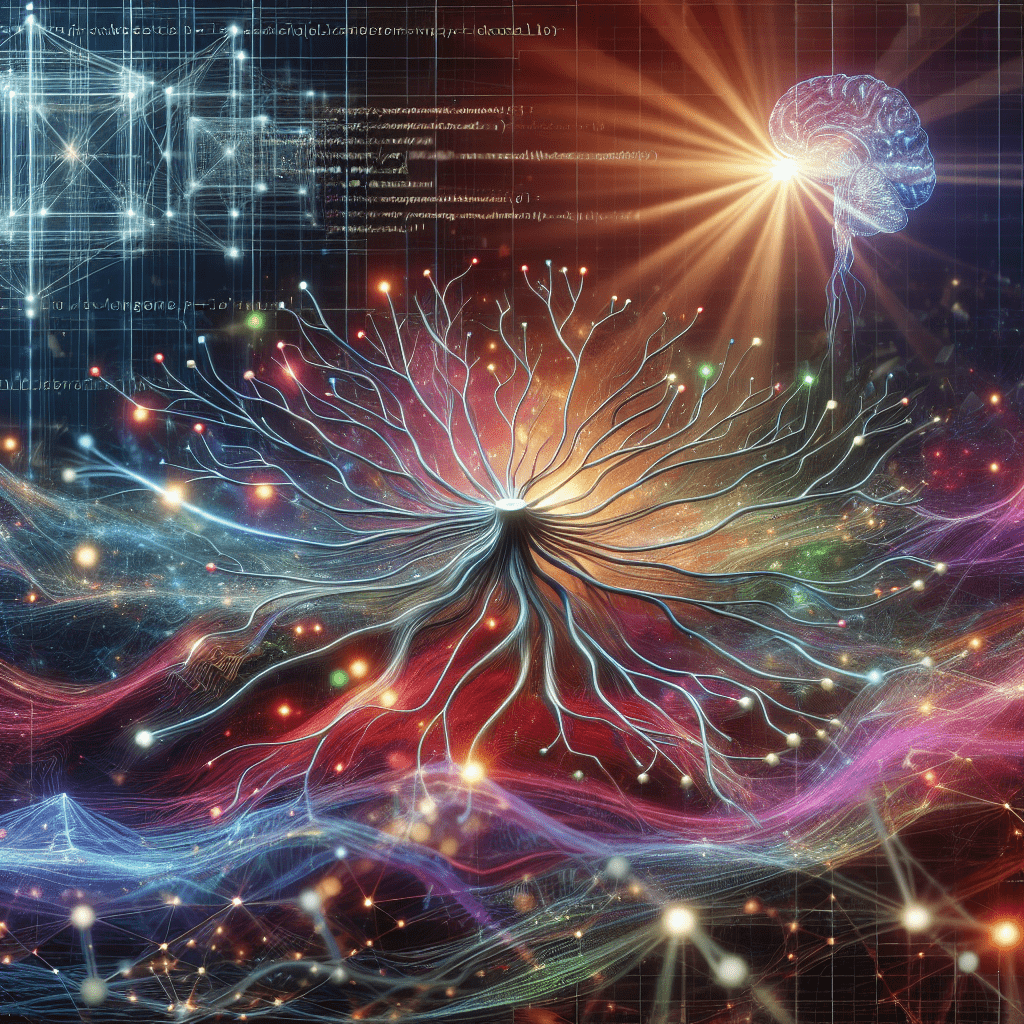Neural networks have revolutionized the field of artificial intelligence, enabling machines to learn from data and perform tasks that were once thought to be exclusively human. With the advent of deep learning frameworks, the power of neural networks has been further unlocked, allowing for more complex models and improved performance in a wide range of applications.
The Evolution of Neural Networks
Neural networks are computer systems inspired by the structure and function of the human brain. They consist of interconnected layers of artificial neurons that process input data and produce output predictions. While neural networks have been around for decades, recent advancements in deep learning frameworks have enabled the development of more sophisticated models known as deep neural networks.
Deep Learning Frameworks
Deep learning is a subset of machine learning that focuses on training neural networks with multiple hidden layers. Deep learning frameworks provide the tools and libraries necessary to build, train, and deploy deep neural networks. Some of the most popular deep learning frameworks include TensorFlow, PyTorch, and Keras.
TensorFlow
Developed by Google, TensorFlow is one of the most widely used deep learning frameworks in the world. It provides a flexible and scalable platform for building and training deep neural networks. TensorFlow supports a wide range of applications, from image recognition to natural language processing.
PyTorch
PyTorch is an open-source deep learning framework developed by Facebook. It features a dynamic computation graph that allows for easy debugging and experimentation. PyTorch is particularly popular among researchers and developers for its flexibility and ease of use.
Keras
Keras is a high-level deep learning library that runs on top of TensorFlow and Theano. It offers a simplified interface for building neural networks, making it ideal for beginners and rapid prototyping. Keras is known for its user-friendly API and extensive documentation.
Unlocking the Power of Neural Networks
Deep learning frameworks have revolutionized the field of artificial intelligence by enabling the creation of more complex and powerful models. By harnessing the power of neural networks, researchers and developers are able to tackle a wide range of challenges, from image and speech recognition to language translation and autonomous driving.
One of the key advantages of using deep learning frameworks is their ability to scale to large datasets and complex problems. By leveraging the computational power of modern GPUs and TPUs, deep neural networks can process massive amounts of data and learn intricate patterns that would be impossible for traditional machine learning algorithms.
Additionally, deep learning frameworks offer a wide range of pre-trained models and transfer learning techniques that allow developers to build on existing knowledge and accelerate the training process. This means that even with limited resources, individuals and organizations can leverage the power of neural networks to solve real-world problems.
Conclusion
Deep learning frameworks have revolutionized the field of artificial intelligence by unlocking the power of neural networks. By leveraging tools such as TensorFlow, PyTorch, and Keras, researchers and developers can build and train sophisticated deep neural networks that can tackle a wide range of challenges. With the ability to scale to large datasets and complex problems, deep learning frameworks are paving the way for the next generation of intelligent machines.
FAQs
Q: What is a neural network?
A: A neural network is a computer system inspired by the structure and function of the human brain. It consists of interconnected layers of artificial neurons that process input data and produce output predictions.
Q: What is deep learning?
A: Deep learning is a subset of machine learning that focuses on training neural networks with multiple hidden layers. Deep learning frameworks provide the tools and libraries necessary to build, train, and deploy deep neural networks.
Q: What are some popular deep learning frameworks?
A: Some of the most popular deep learning frameworks include TensorFlow, PyTorch, and Keras. These frameworks provide the tools and libraries necessary to build, train, and deploy deep neural networks.
Quotes
“The power of neural networks lies in their ability to learn from data and perform tasks that were once thought to be exclusively human.” – Unknown
#Unlocking #Power #Neural #Networks #Harnessing #Deep #Learning #Frameworks


